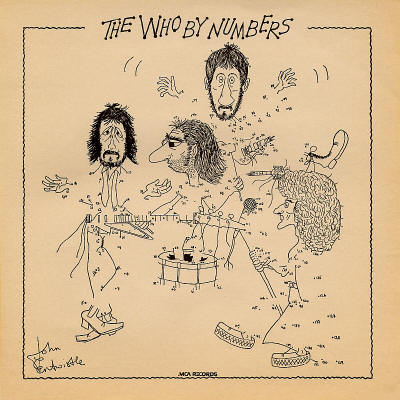Death Valley, 1975 (From the personal collection of Julio Cortazar)
Kibbutz Del Deseo
"Kibbutz; colony, settlement, taking root, the chosen place in which to raise the final tent, where you can walk out into the night and have your face washed by time, and join up with the world...lay yourself bare to the crystallization of desire...Kibbutz of desire, not of the soul, not of the spirit...desire might also be a rough definition of incomprehensible forces...present in every mistake and also in every forward leap...”
Julio Cortazar Hopscotch (Translated by Gregory Rabassa
And you wait. You wait for the one thing
that will change your life,
make it more than it is—
something wonderful, exceptional,
stones awakening, depths opening to you.
In the dusky bookstalls
old books glimmer gold and brown.
You think of lands you journeyed through,
of paintings and a dress once worn
by a woman you never found again.
And suddenly you know: that was enough.
You rise and there appears before you
in all its longings and hesitations
the shape of what you lived.
Rilke
Mati Klarwein Soundscape 1982
"The imagination lives by risk, including the risk of incomprehension."
A.O. Scott on The Tree of Life
"[Ellen Willis] believed that for any leftist agenda to succeed it has to be based on pleasure, on realizing desire. This is a lesson the left has largely forgotten; indeed, the right has appropriated it, though they use social sadism the way we used orgiastic ecstasy. Ellen would surely agree that we won't see a revival of revolutionary sentiment until we learn to make it fun. In that respect, Ellen, Emma Goldman, and Abbie Hoffman are part of a lost tradition - radicals of desire."
Richard Goldstein
"What is there of Desire in reading? Desire cannot be named, not even (unlike Demand) expressed. Yet it is certain that there is an eroticism of reading (in reading, desire is there with its object, which is the definition of eroticism). Of this eroticism of reading, there is perhaps no purer apologue than that episode in Proust’s novel where the young Narrator shuts himself up in the Combray bathroom in order to read…
Thus, a desiring reading appears, marked with two institutive features. By shutting himself up to read, by making reading into an absolutely separated, clandestine state in which the whole world is abolished, the reader is identified with two other human subjects—actually quite close to each other—whose state also requires a violent separation: the amorous subject and the mystic subject."
Roland Barthes The Rustle of Language (Translated by Richard Howard)
"I do not know just how in childhood we arrive at certain images, images of crucial significance to us. They are like filaments in a solution around which the sense of the world crystallizes for us...They are meanings that seem predestined for us, ready and waiting at the very entrance of our life...Such images constitute a program, establish our soul’s fixed fund of capital, which is allotted to us very early in the form of inklings and half-conscious feelings. It seems to me that the rest of our life passes in the interpretation of those insights, in the attempt to master them with all the wisdom we acquire, to draw them through all the range of intellect we have in our possession. These early images mark the boundaries of an artist’s creativity. His creativity is a deduction from assumptions already made. He cannot now discover anything new; he learns only to understand more and more the secret entrusted to him at the beginning, and his art is a constant exegesis, a commentary on that single verse that was assigned him. But art will never unravel that secret completely. The secret remains insoluble. The knot in which the soul was bound is no trick knot, coming apart with a tug at its end. On the contrary, it grows tighter and tighter. We work at it, untying, tracing the path of the string, seeking the end, and out of this manipulating comes art..."
Bruno Schulz
"Da molte stele mi vien questa luce" - Dante
("This light comes to me from many stars.")
1975
“The year 1975 was an eerily prescient year for popular music...Plenty of people hated the mainstream music of 1975 while they were living through it. In retrospect, though, 1975 was a year packed with subtle accidents and shifts in thinking that would soon yield seismic results”
Geeta Dayal, from her Continuum Books 33⅓ series monograph on Brian Eno’s Another Green World



















































